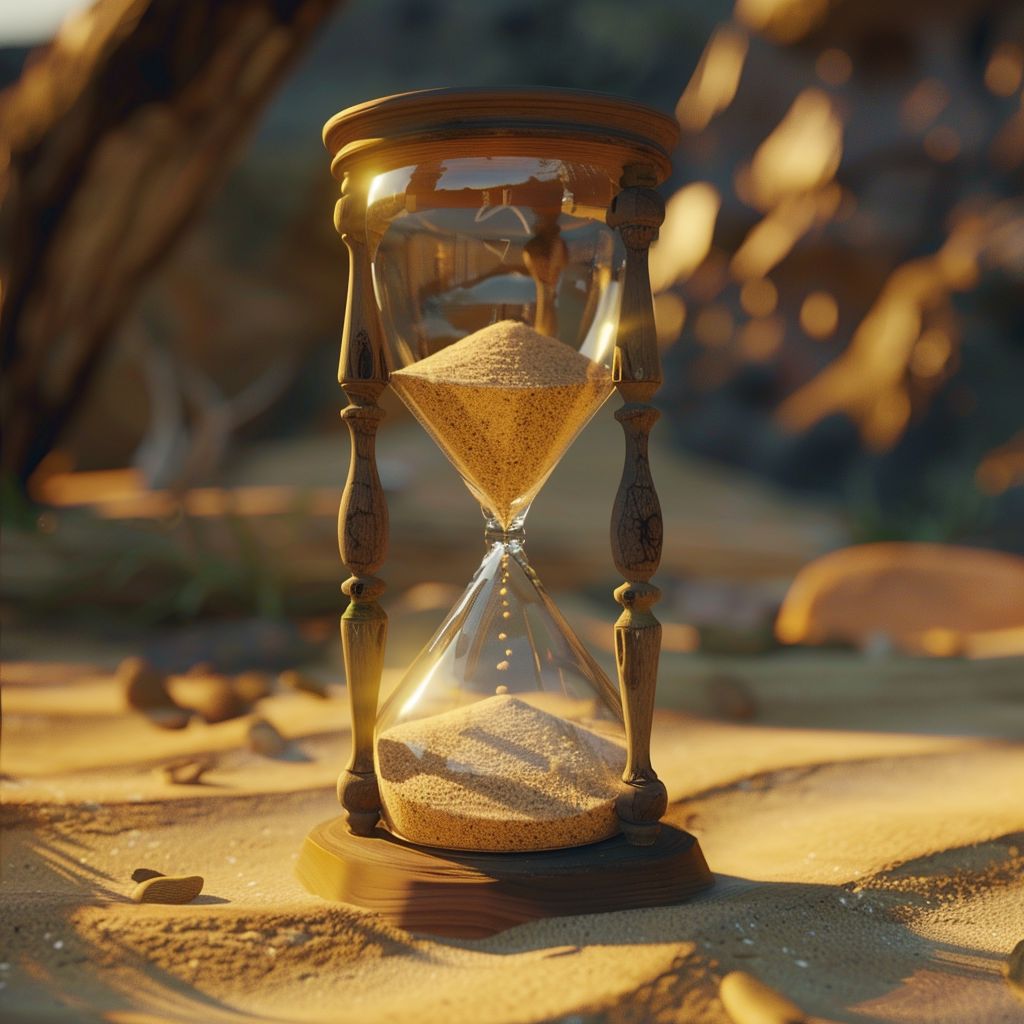- Thoughtful Threads
- Posts
- Secret to a Fuller Life
Secret to a Fuller Life
Edition 31

Greetings, Thoughtful Explorers!
Have you ever felt like there aren't enough hours in the day? That the sand in the hourglass seems to slip away faster than you can keep up? It’s a common sentiment, but today, let’s take a moment to delve into some profound wisdom from Seneca, the Stoic philosopher, who offers us a perspective shift that might just change how we view our days.
🌠 The Timeless Wisdom of Seneca 🌠
In his insightful "Moral Letters to Lucilius," Seneca offers a powerful reminder: "It is not that we have a short time to live, but that we waste much of it. Life is long enough, and it has been given in sufficiently generous measure to allow the accomplishment of the very greatest things if the whole of it is well invested."
💡 Core Concept: Time Is Our Most Valuable Asset 💡
The core of Seneca’s message is not just about time management but about life management. The idea isn't merely to optimize every minute of the day but to ensure that the way we spend our time aligns with our deepest values and aspirations. Life, according to Seneca, is adequately long if we live it wisely. It's a call to action to invest our time in ways that fulfill us deeply, contribute to our growth, and enhance our well-being.
🚀 Engage and Reflect: How Do You Invest Your Time? 🚀
To make this more than just food for thought and turn it into a practical exercise, I invite you to participate in our Time Investment Challenge. For one week, keep a simple journal of how you spend your hours. Each evening, reflect on the following:
What brought you joy?
What felt truly productive?
What could you do less of to make room for more meaningful activities?
At the end of the week, review your journal. You might discover insights into how well you align your time with your life’s goals and what changes could lead to a more fulfilled existence.
✨ Quiet Resilience - Issue #1: Max's Journey Begins✨
Max's life unfolded in the contrasting landscapes of a New Jersey suburb, where every street corner seemed to narrate a different story. Born to immigrant parents—a reserved Greek father and a vibrant Brazilian mother—Max's upbringing was a tapestry of diverse traditions that clashed more often than they blended. His parents’ union, marked by love yet strained by differences, unraveled early in his childhood, leaving Max and his mother to navigate the complexities of a single-parent household.
The yellow walls of their home stood as a beacon in their otherwise mundane neighborhood, a slice of warmth amidst the coldness. It was a sanctuary where Max could immerse himself in the dual worlds of his heritage. However, school was another realm altogether—a battleground where differences were not celebrated but targeted. Max's distinct accent and the exotic flavors of his lunch made him a frequent subject of ridicule, casting him as an outsider.
Amidst the trials of middle school, Max sought refuge in the wisdom of ancient philosophers, whose writings he stumbled upon in the dusty corners of the local library. The stoic insights of Marcus Aurelius, the probing questions of Socrates, and the enduring words of Seneca became his hidden arsenal. These thinkers taught him about the virtues of resilience and the profound power of a calm, collected mind in the face of adversity.
One chilly fall day, Max sat under an ancient oak tree, its leaves a whirlwind of fiery reds and golds. With a well-thumbed book of Seneca's writings on his lap, he absorbed the philosopher's advice on overcoming life’s hurdles not through brute force but through persistence—the soft but relentless force of water that shapes even the toughest stones.
Next week, we'll follow Max into the tumultuous waves of life, letting his quiet strength illuminate the darkest corners of his journey.